In our last two episodes, Brandon Duke laid out his way of answering the question of why God allows so much suffering in our world. He did so by putting forward a modified version of the late John Hick’s soul-making theodicy. In this episode, Jerry Wierwille pushes back on a few issues with soul-making, preferring instead a classic free will theodicy. First we’ll see how Duke’s version of soul-making differs from John Hick’s then we’ll examine how soul-making lines up with the four major elements of the biblical meta-narrative: creation, fall, redemption, and restoration. Lastly we’ll discuss whether moral improvement necessitates suffering.
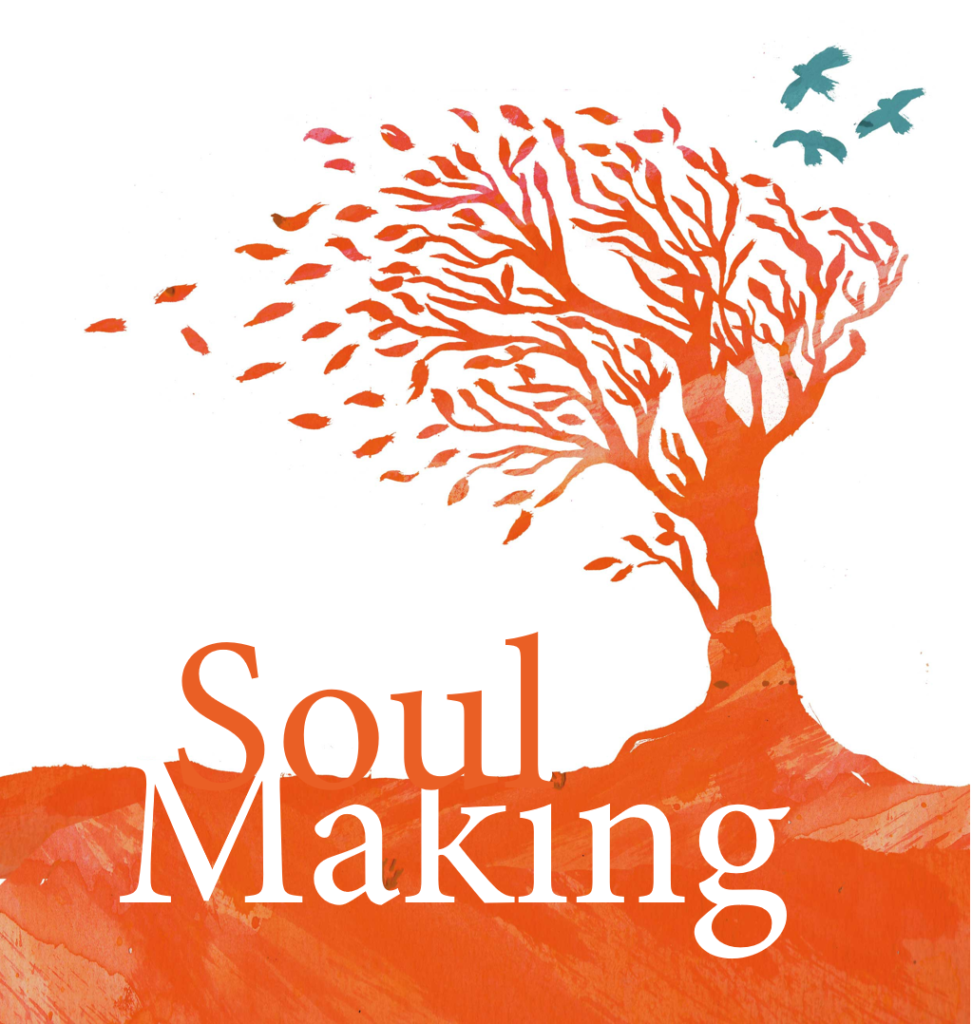
—— Links ——
- Leave a voice message via SpeakPipe with questions or comments
- Michael Murray vs. Phil Harper on Unbelievable, discussing “Animal Suffering and God“
- Internet Encyclopedia of Philosophy entry on John Hick
- See Sean Finnegan’s atonement research, outlining seven major views Christians have taken over the centuries
- Get in touch with Brandon Duke on his website: TruthBorn
- See other episodes with Jerry Wierwille
- Get in touch with Wierwille at his website
- More episodes and posts about the problem of evil and suffering
- If you’d like to support Restitutio, you can donate here.
- Intro music: Good Vibes by MBB Attribution-ShareAlike 3.0 Unported (CC BY-SA 3.0) Free Download / Stream: Music promoted by Audio

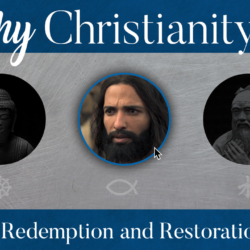

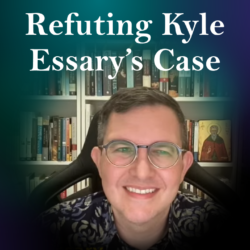
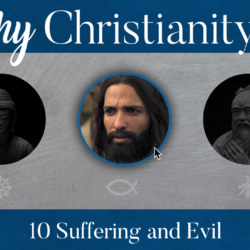
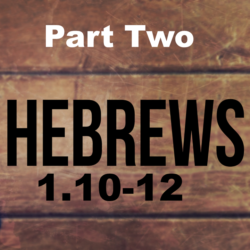
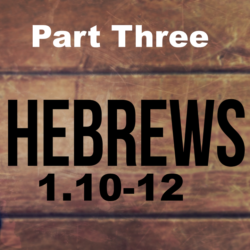
if you don’t have time to listen to this whole podcast, take the time to listen to the pastoral perspective in Sean’s post script, starting at 42 minutes in. If I had never studied this subject before, he would have brought me into it. The strength of his commitment to truth and to serving the body of Christ drives him on to find the best possible way to understand God, and to comfort and support those he serves.
Nice to get to be around someone like that, I want to follow the example of someone like that. Welcome to Restitutio.
I have listened to all three so far of the Soul-Making Theodicy. It’s impressive but I’m not convinced. I find something is off somewhere. My first impressions after listening coming up immediately were “What is the point in bringing Jesus to this world? Why have Revelations where there will be no death, no suffering, no tears if suffering was always God’s plan?” I’m a little confused as to what Brandon Duke is ultimately trying to convey. If there is any Soul making, it is a consequence of the fall, NOT an overall plan of God. I think the best book I ever read on the question of death, suffering, and evil is a book by Gregory Boyd called “God at War.” He explains death and suffering in my personal opinion very clearly and I find it the most satisfying response out there.
One little side note, you said God gave them a choice to eat from which tree. God didn’t give them a choice as to which Tree to eat from. They could eat as much as they wanted from the Tree of the Life. But the other tree, God plainly said to not eat from the tree. He said “but of the tree of the knowledge of good and evil you shall not eat, for in the day that you eat of it you shall surely die.”
(The Tree of Life kept them alive in my opinion, and they were later prevented from eating of it after the disobedience, which may suggest that Adam and Eve were never immortal in the first place the garden; they had to eat from the tree of life to remain alive).
Jamie thanks for your feedback!
To answer “What was the point of bringing Jesus into the world?”, I would say to bring atonement between God and men, via his earned role as king, mediator, and high priest.
Note how Jesus is in a position to petition God for our forgiveness, and to extend clemency as our sovereign.
But that alone isn’t enough, I would argue, to achieve God’s purposes. He also wants US to respond in obedience as well. He wants US to grow to be confirmed to Christ’s image, as Jesus is confirmed to God’s image.
To answer your question about the future state with no tears, suffering, or pain, let me ask, why would God temporarily place us in this world that does have it, if eventually he will place us in a world that does not have it? This is what soul making answers: that this temporary period is for our development, to become prepared to be good citizens in that world to come.
You say God didn’t give them a choice of which tree to eat from. I think you are mixing up whether he gave them clear commands (which he did), and whether he gave them the freedom to disobey (which he also did). Their free choice, their sinful choice, drew God’s response, to remove them from the Garden, to expose them to the experience of good and evil. Now they (and we) have to learn the hard way what is good, and to love God.
Greg Boyd’s focus on suffering as caused by the evil acts of humans and angels is a good start, but there is certainly ALSO suffering that comes from the (post fall) design itself. This suffering requires an answer, and this is where soul making is so helpful.
Soul making seeks to explain this suffering by design, by showing how moral development requires morally significant free will, which requires an arena to exercise it, and such an arena cannot function without the possibility of suffering. To see why, check out my arguments for the “4 D’s” and “epistemically distance”.
One last point: you said “soul making is a consequence of the fall, not an overall plan of God.” My response would be, why wouldn’t we think God had a plan to achieve his objectives if Adam and Eve fell? He knew they might choose to disobey him. It would seem obvious that he would prepare for that possibility.
Soul making is just a description of God’s end goals, and the way he responds to our choices to still achieve those end goals.
We are to trust God because we have no idea what is going on in the spiritual realm and we have no idea what the repercussions of sin is not only by us but also those of our forefathers (Adam being chief)
Yes God tells Job I am Creator and you are the creation – end of story but what loving father would answer his son in this way. God answers this way not because He is being mean or is requiring unquestioned humility by His peon creation but rather because “the reasons” for evil and the apparent lack of God intervening has to be because the cosmos is far greater and complex than we comprehend at this present time – the principalities, powers, the rulers of the darkness of this world, spiritual wickedness in high places at play are far more intricate and complex than we realize and than God could simply explain to us right now.
Only God knows what truly is in the heart of a man or woman and therefore just because we may view evil befall what seems to be upon a totally innocent Christian victim – I would have to say there is more to the story which we just do not see. For example Satan feeds on fear like a parasite and fear many times is invisible and indiscernible but may very well be all the foothold that Satan needs to assert his legal rights to gain a foothold and access to an individual’s life